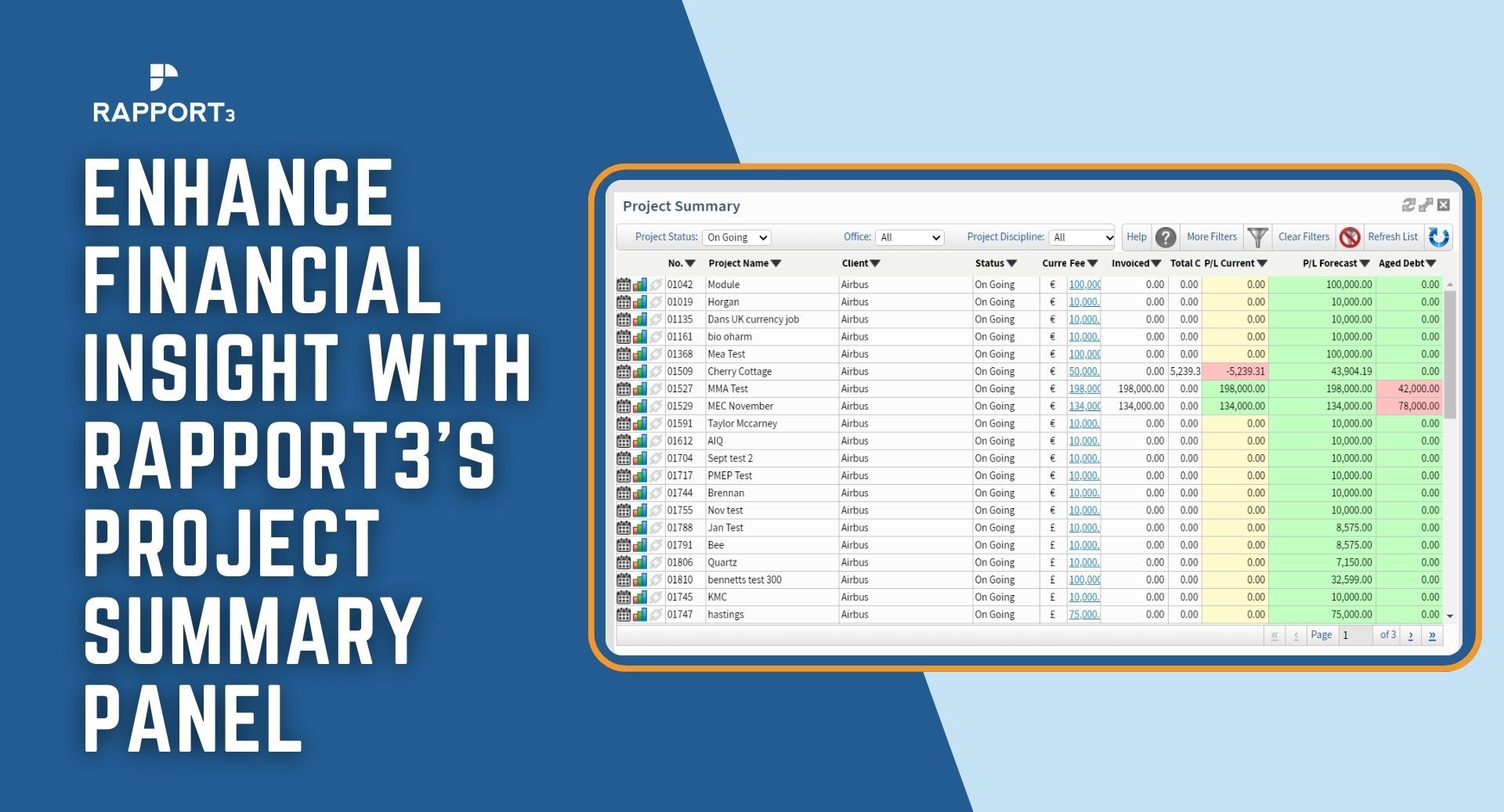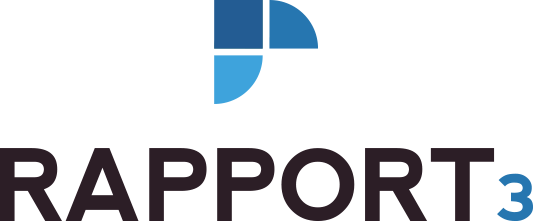David Stabler is Projects Director at Ryder Architecture and in 2018 he oversaw Ryder’s migration from Union Square to Rapport3. In one of our latest webinars, he discussed the benefits, the process and the challenges of migrating to a new project accounting system. It was great advice, so we’ve recapped his key points for you.

The webinar aimed to discuss the benefits of migrating, the process, and the challenges faced. It was a great session and David Stabler had some great words of wisdom for prospective Rapport3 clients. Here is a roundup of his key points:
A little about Ryder and Cubic…
Cubic Interactive have been offering Rapport3, a project accounting system designed specifically for the AEC industry, since 2005. We now have just under 200 clients across the AEC industry using Rapport3 and a few outside. These practices range from 10 to 700 in size, demonstrating the scalability of Rapport3’s functionalities.
Ryder Architecture is an award-winning international architectural practice, with offices in Newcastle, London, Glasgow, Liverpool, Hong Kong, Vancouver and Amsterdam. They adopt an approach of ‘Everything architecture’; an ethos based on principles of simplicity, usefulness and elegance, which has cemented Ryder as a responsible and inclusive practice across the world.
Why Ryder needed a change...
David Stabler is Projects Director at Ryder, who took over their long-term aspiration for a cohesive project management system when he joined three years ago. Previously, Ryder had been operating a loose connection of software products to manage different areas of the business; some on the finance side,then on the project side they were using packages like Excel and, as David explained, some “Clever calculations in the background to calculate pipelines, costs and profit, which I don’t think is dissimilar to where many practices have come from when implementing a project management system.”
Before David arrived, there had been a want and recognition in the business that there were efficiency savings to be had, as well as a growing appetite for people to have more data at their fingertips enabling them to get a live feed for how projects are progressing, particularly in terms of their financial health.
After looking at developing something in-house and exploring SharePoint, Union Square and Cabinet, they had chosen Union Square for the broad functionality it provided. However, it wasn’t long after making that decision in 2015/16 that Deltek bought Union Square out, which coincided with a real drop-off in customer support communication. Unfortunately, this was communication that they sorely needed around that time, as they were looking to implement something to help manage lots of aspects of the business across the practice; a finance module, a project planning module, forecasting abilities and document management elements. It represented a huge amount of change in the business and led to a “fairly sobering experience” to see the implications of the Deltek buyout laid bare before their eyes just at the wrong moment in time.
David then joined and was asked to reevaluate what was going on. They went through the process for about 6 months seeing what they could do with Union Square and it didn’t take long to come to the decision that they’d probably be better looking elsewhere.
Choosing between Rapport3 and CMAP
They identified two products which were similar and would provide them with the sort of functionality they required. One was Rapport3 and one was CMAP. After a period of presentations and contact from both companies, along with a couple of months of due diligence speaking to Rapport3’s and CMAP’s clients, they chose Rapport3.
They started the consultancy and implementation process a few months after making their choice. “I think the most important thing to appreciate is that when you are implementing anything of the nature of Rapport3, or any system like it which represents significant change to the way people work in the business, it’s really important to have a plan and to stick to it,” David explained. “Cubic were great - they effectively led that planning process through the initial consultancy to establish our requirements.”
David noted that there isn’t a lot more to do during migration other than being a good follower - Cubic will let you know what they need and when they need it. To do that, you just need to be able to resource whatever activity you’re being asked to do and put the time aside. However, you do need to understand all the systems and processes in place to be able to frame what you want Rapport to do for you. David explained that Ryder chose to break it down into what they thought Rapport3 must do for them, what they thought Rapport3 could do for them, and what they knew knew Rapport3 didn’t need to do for them because they had other systems in place to do them. That initial exercise helped them to frame how they wanted to configure the system at a high level.
Making Rapport3 work for you in configuration
They chose the main package (Project Costing) with our CRM module as well. “When it comes to configuration,” David explained, “The devil is in the detail.” For example:
- What work stage templates you want in the system.
- An understanding of how you split your fee and the work stage durations according to each of those templates.
- Your costs and your charge out rates by grade.
- How you want the permissions on the system to work according to the structure of your business.
“With Rapport3,” he noted, “The reporting will guide you through that.” He also explained that you need to consider what you want people to see within Rapport3 - there is a lot of personalisable functionality, so it’s whether you want it all turned on, or just key bits of data and metrics for people to engage with. Ryder chose the latter.
They came from a dated financial project accounting system, where the fees and costs were very simply viewed by design and delivery. When they implemented Rapport3, because of its functionality, they saw an opportunity to develop that and manage projects by work stage templates.
Ryder’s key takeaways from the process
- David warned about the risk of underestimating the time that data migration takes. They had issues with setting up and rationalising their CRM, as people had their own individual lists of contacts, some of which were duplicates, and some of those contacts had moved on from their company.
- Training is straightforward, dictated by the modules you choose and led by Rapport3. Making sure the sequencing of your module training makes sense and getting the right people into the training groups is important. You need to get the right people trained in the right modules, who can instruct others confidently and competently on how to use the software. David stressed that it was particularly important to get the right people on your side early; at the top of the business but also across the business as those are the people who are going to be your messengers.
- A key challenge for Ryder was how to get people to use the system in the correct manner and quickly. David noted that the best decision they made was to use Rapport3 for their monthly fee review meeting whilst implementation was still taking place. Doing that forced team leaders to put information into the system, which meant they had metrics, which meant they could pull reports, which then meant that they could extract the data into things like PowerBI, which continues to this day and works really well.
- David noted that Rapport3’s support team were great - they provided close support for over 6 months, so that David could pick up the phone and ask his dedicated support person the difficult questions he was being asked and pass that answer back down the chain. He was surprised at the sheer volume of queries they had to begin with, so noted that using that support was important and very useful.
Ryder’s next steps
Ryder have been using Rapport3 for about two years and it is now embedded in their business-as-usual. As a result, people are often suggesting how it can be improved, which is great for David, as he can feed back to Rapport development and shape module updates. Currently, Ryder is going through a process of getting even more value from Rapport3, by exploring what other data they can get from it. Right now, they see it as their single point of truth and have used some customisation to get it to that point, providing them with vital data which they can pull out to OpenAsset or PowerBI. They are also now looking at our HR module and viewed the upcoming developments at last month's Virtual HR Focus Group. Even better, some of Ryder’s alliance partners have also implemented Rapport3, so with their joint projects they are using Rapport3 to manage projects more collaboratively.
In summary, David noted that implementation was “hard graft but worth it.” Making sure that you pay close attention to configuration is key, David stressed; “It’s got great functionality, the [Rapport3] system, and you’re missing a trick if you don’t use it to its full [potential].”
If you want to watch the webinar for yourself, just click here.
Sound interesting? Please get in touch to discuss your requirements and/or book a free demonstration.










